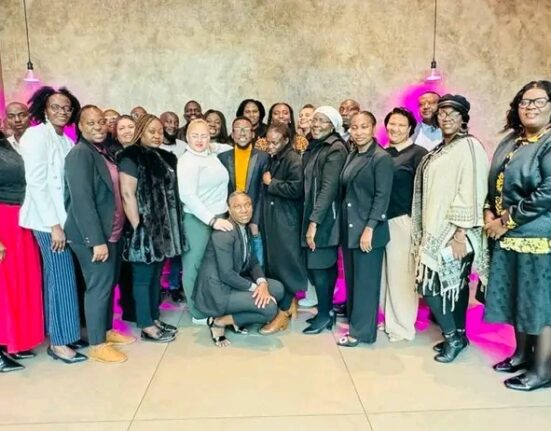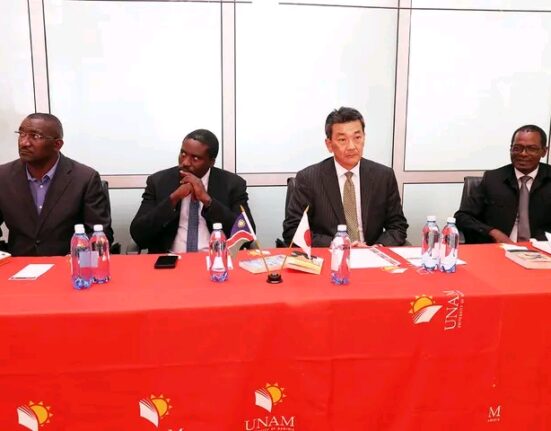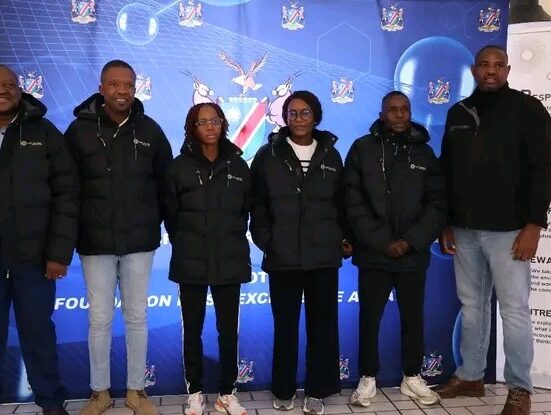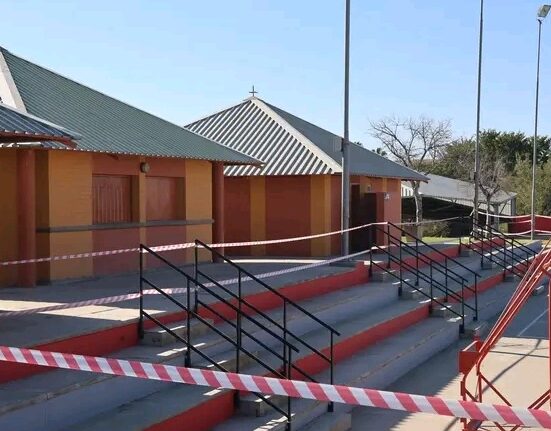Namibia, a country celebrated for its cultural diversity, is home to a fascinating blend of ethnic groups and communities, each with unique histories and contributions. Among these is the German-speaking minority, a small but influential group that traces its roots back to the colonial era. This community has played a significant role in shaping Namibia’s history, culture, and economy. However, like many other groups, it has faced the challenges of navigating a rapidly changing social and political landscape in a post-independence Namibia.
The Roots of the German-Speaking Community in Namibia
The origins of the German-speaking minority in Namibia date back to the late 19th century when Germany established control over the region, declaring it German South West Africa in 1884. German settlers arrived in increasing numbers, encouraged by the colonial administration, which sought to develop the territory for economic and strategic purposes.
The settlers, including farmers, merchants, missionaries, and administrators, left an indelible mark on Namibia’s development. They introduced European-style architecture, agriculture, and institutions while also establishing a dominant presence in urban centers such as Windhoek, Swakopmund, and Lüderitz.
By the early 20th century, the German-speaking population had become a cornerstone of Namibia’s settler society. However, their dominance was challenged by events such as the Herero and Nama Genocide (1904-1908), the transfer of the territory to South African rule after World War I, and the eventual independence of Namibia in 1990.
The Community Today: Demographics and Distribution
Today, Namibia’s German-speaking population is estimated to be around 20,000 individuals, a small fraction of the country’s 2.5 million residents. Despite their small numbers, they maintain a vibrant presence, particularly in the towns and cities that were historically associated with German colonial rule.
Swakopmund, with its distinctive German architecture, remains a cultural hub for the community. Windhoek, the capital city, is home to many German-speaking professionals and business owners. Other towns, such as Lüderitz and Otjiwarongo, also retain pockets of German-speaking residents.
Cultural Contributions
The German-speaking minority has made significant contributions to Namibia’s cultural fabric. German is one of the recognized national languages in Namibia, and it is still widely spoken within the community. German-language media, such as the newspaper Allgemeine Zeitung and radio programs, play a vital role in preserving the language and connecting the community.
German traditions are celebrated through festivals such as Oktoberfest, Weihnachtsmarkt (Christmas market), and Fasching (Carnival). These events not only bring the German-speaking community together but also attract participation from Namibians of other backgrounds, fostering cultural exchange.
Cuisine is another area where German influence is evident. Traditional dishes such as bratwurst, sauerkraut, and Black Forest cake are popular in Namibia, while German bakeries and restaurants contribute to the country’s culinary diversity.
Economic Impact
German-speaking Namibians have historically been prominent in business, agriculture, and tourism. Many own large commercial farms, contributing significantly to Namibia’s agricultural exports. The community has also invested heavily in tourism, leveraging the country’s natural beauty and colonial history to attract German-speaking tourists from Europe.
German-speaking entrepreneurs are active in industries such as real estate, hospitality, and manufacturing. Their economic influence has been both a strength and a source of contention, particularly in discussions about land reform and wealth redistribution in post-independence Namibia.
Challenges in a Changing Namibia
The transition from colonial rule to an independent Namibia brought significant challenges for the German-speaking community. Independence in 1990 marked a new era of governance, with a focus on addressing the inequalities created by colonialism and apartheid. This shift required the German-speaking minority to adapt to a society where they were no longer the dominant political and economic force.
Land reform has been a particularly sensitive issue. Many German-speaking Namibians own large tracts of farmland, a legacy of colonial land policies. The government’s efforts to redistribute land to address historical injustices have sparked debates within the community about their future in Namibia.
Another challenge is the generational shift within the German-speaking community. Younger members are increasingly integrating into Namibia’s broader society, often adopting a more multicultural identity. This transition has led to a redefinition of what it means to be German-Namibian in the 21st century.
Efforts Toward Integration and Reconciliation
Despite the challenges, the German-speaking minority has made efforts to integrate into Namibia’s multicultural society. Many actively participate in initiatives aimed at fostering unity and addressing historical injustices. Some have contributed to community development projects, education programs, and environmental conservation efforts.
Education has been a bridge between the German-speaking community and other Namibians. Schools such as the Deutsche Höhere Privatschule (DHPS) in Windhoek provide education in German while promoting intercultural understanding.
Looking Ahead: The Future of the German-Speaking Minority
The future of Namibia’s German-speaking community lies in its ability to balance the preservation of its cultural heritage with active participation in a changing society. As Namibia continues to evolve, the community’s role in fostering dialogue, promoting reconciliation, and contributing to national development will remain crucial.
Younger generations of German-speaking Namibians are well-positioned to lead this transition. By embracing their dual identity as both Namibian and German, they can act as cultural ambassadors, bridging historical divides and building a more inclusive Namibia.
Namibia’s German-speaking minority is a testament to the country’s complex history and cultural diversity. From their colonial roots to their current role in modern Namibia, the community has navigated significant transitions while leaving an indelible mark on the nation. As Namibia continues to grow, the German-speaking minority stands as both a reminder of the past and a contributor to the country’s future. By addressing historical challenges and embracing opportunities for integration, the community can continue to thrive as part of Namibia’s vibrant mosaic.
Join 'Namibia Today' WhatsApp Channel
Get the breaking news in Namibia — direct to your WhatsApp.
CLICK HERE TO JOIN












